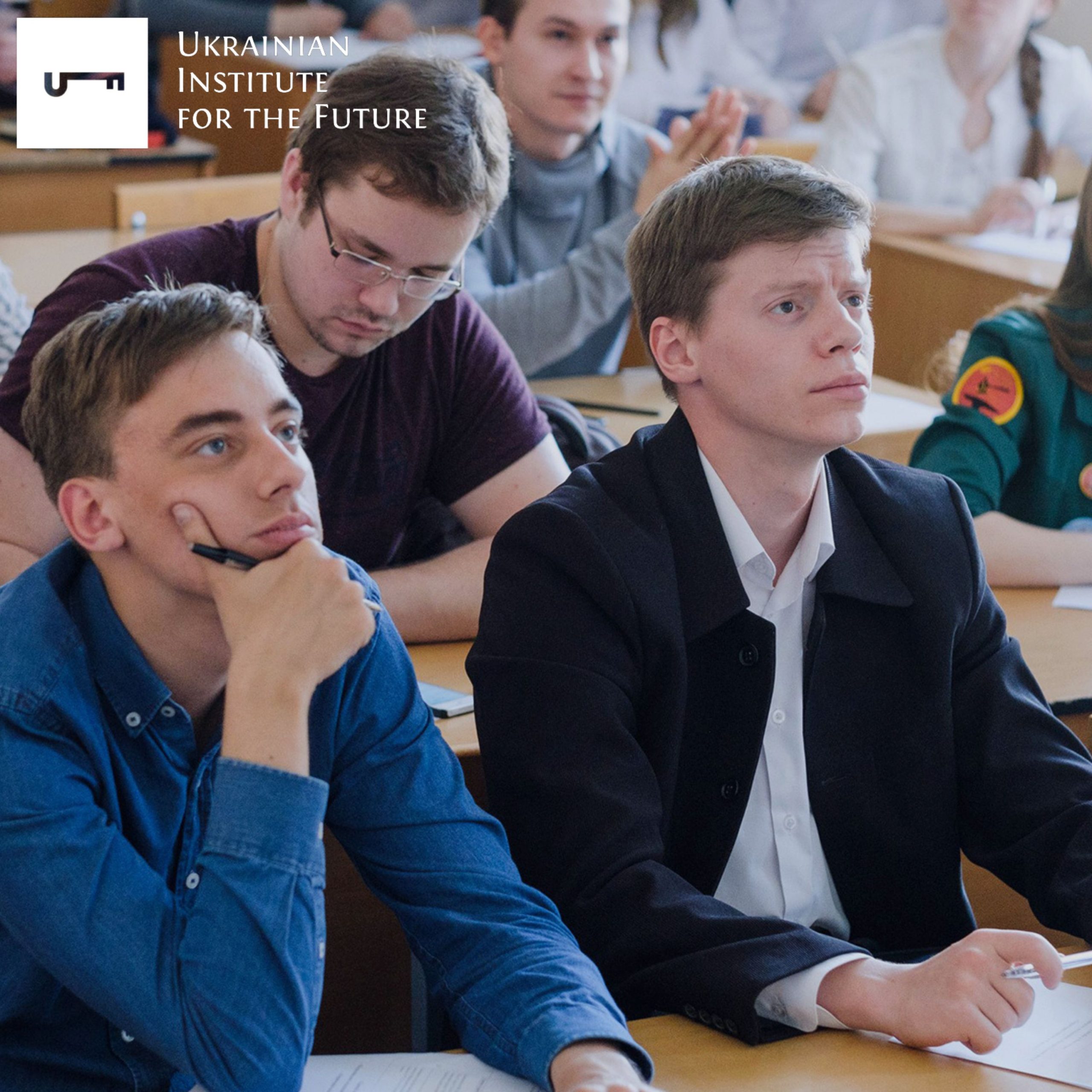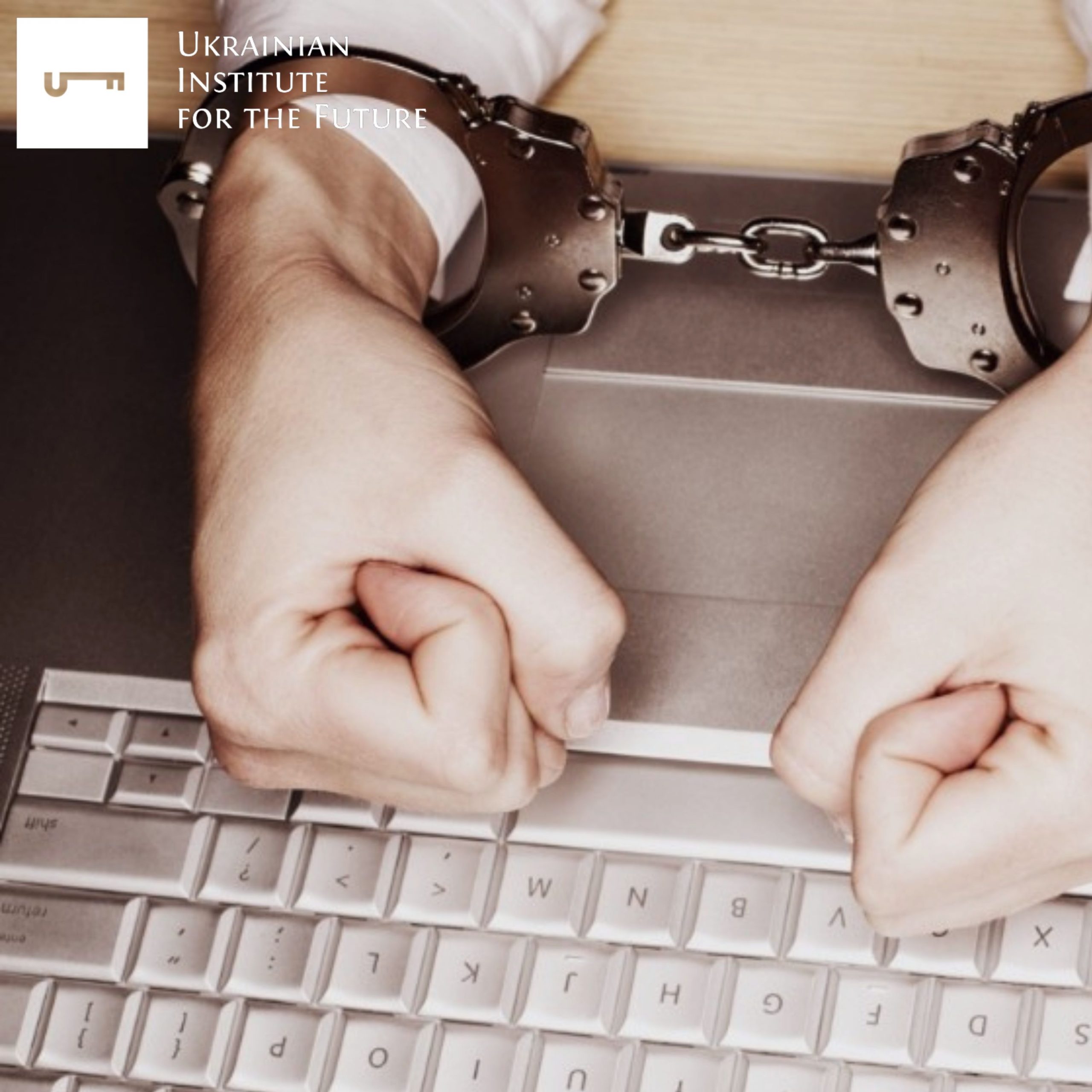Russian schoolchildren will be forced to perform socially useful work in the new school year. A bill to this effect was passed in its first reading on 28 June. By spreading forced labour in Russia, it will partly compensate for the declining labour force, and in schools, it will also help to recreate the Soviet model of the educational process.
Overview
A bill that would allow schoolchildren to perform compulsory community service without their parents’ permission passed its first reading in the Duma on 28 June. As Russia’s oil and gas revenues decline, the Kremlin is increasingly using other tools to maintain its financial stability. These include freezing pensions, increasing tax pressure and introducing forced labour among prisoners and schoolchildren. These are tools which will be increasingly in use in the future.
The forced labour of school and university students was common in the Soviet Union, surviving in Belarus and resurfacing in Russia. The new law will legalise the practice of schools and universities sewing uniforms for the army. Moreover, by involving students in ideological events, the Kremlin will have a new tool for promoting its state ideology.
However, the growing problems in both the Russian economy and patriotic education will be clearly demonstrated by the very fact that such a law has been passed. And while forced labour will have some short-term positive economic effects, in the long run it will serve to further alienate Russian youth from the ruling regime.
“People are the second oil”
Russia’s resource-based economy is stagnating. The Kremlin is turning its attention to its citizens and their incomes. The phrase “people are the second oil” was coined by then Deputy Prime Minister Sergei Ivanov in 2009, after the price of the “first” oil had plummeted in the wake of the previous year’s crisis. This economic strategy came to the fore in Russia with the full-scale invasion of Ukraine in 2022 and the subsequent Western sanctions.
It has three main instruments: the covert robbery of the population, an increase in fiscal pressure and the use of forced labour. Freezing the funded part of pensions is an example of the first one. This decision was already taken in 2014. Last December it was extended until 2025.
The most striking use of the second tool was the arrest of several popular Russian bloggers in March and April this year. They were accused of evading hundreds of millions of roubles in taxes. This was the first time, but not the last. More than 30 other bloggers are awaiting income tax audits. Finally, the introduction of a special tax on blogging activities has been proposed by the Federation Council.
The third tool was very common in the USSR and has recently been in active use in Russia. As early as 2017, prisoners were being used as forced labour in state-owned enterprises, and since 2020 it is possible for commercial companies to do the same. The mayor of Yakutsk proposed sending homeless people to “labour camps” at the end of June this year.
It is likely that all these practices will become more common as oil and gas revenues are predicted to fall.
Forced labour in schools
“Social” labour was the norm in Soviet educational establishments, with pupils sent to “work and rest camps” and students sent to work on farms to harvest potatoes. This practice has been maintained, especially in Belarus.
Under the current Russian law “On education”, schoolchildren may not be involved in “work which is not part of the educational programme”. However, this provision is effectively no longer binding and is likely to be abolished by 1 September this year, following the start of the full-scale invasion of Ukraine.
As early as last autumn, students from at least 160 schools and colleges began to be involved, both on a voluntary and compulsory basis, in sewing clothes and weaving camouflage nets for the Russian army. Students and parents were told that this was part of the federal curriculum or was being introduced by order of the Ministry of Education. Those who disagreed were threatened with expulsion.
In November of the same year, the speaker of the State Duma, Vyacheslav Volodin, suggested that MPs should quickly draft a bill on the regulation of work education in schools. He stressed the need to teach schoolchildren about hard work. He said: “It’s obvious that someone will start yelling again that children are sent to school to get knowledge. But a child has to grow up in order to become a real citizen. Therefore, they should have a positive attitude towards work”.
In March 2023, a proposal to allow schools to involve pupils in socially significant volunteer work without parental consent was put forward in the Rostov Region Legislative Assembly: “Children can’t lift anything heavier than a blackboard cloth until the 11th grade. And in three years’ time, they will have to pull their friend out of the battlefield”.
In May, there was a move to extend mandatory work experience for university graduates: a bill was introduced in the Duma that would require all state-funded students to do three years of work in their field of study or pay back their tuition fees. Only cadets and students on special programmes are currently covered.
The Duma voted on a bill to make participation in socially useful work compulsory for schoolchildren in its first reading on 28 June. Volodin pointed out that both teachers and parents had been calling for the reintroduction of work education as an integral part of the school curriculum. “Parents must develop a positive attitude to work if they want their children to grow up to be real citizens. It’s only by working that you can learn how to think about many things that you will have to deal with later,” he said.
According to Olga Kazakova, head of the Education Committee: “Educational organisations will have a new competence – the promotion of volunteering. This includes getting students involved in environmental and heritage-related activities. For example, the patronage of the Eternal Flame, the care of the places of memory of our heroes”.
MP Serhiy Kolunov explained the bill was intended to address the shortage of workers in manual trades, currently 260,000 in construction, housing and utilities alone, and raise their prestige among schoolchildren.
Conclusions
The adoption of the new law has two aims: firstly, the legalisation of the voluntary and compulsory work of high school students for the needs of the state here and now, and the creation of a labour reserve for the future; and secondly, the acquisition of a new instrument for promoting state ideology by involving students in ideological events. Either way, this is a partial restoration of Soviet practices under the common banner “Glory to Labour!”.
However, the very fact of the adoption of such a law would be a clear indication of the growing problems both in the Russian economy and in the field of patriotic education. Child labour is not used in modern countries with well-functioning economies. And while forced labour will have some short-term positive economic effects (increasing the number of pea jackets made), in the long run it will lead to even greater alienation of Russian youth, especially in urban areas, from the ruling regime.




